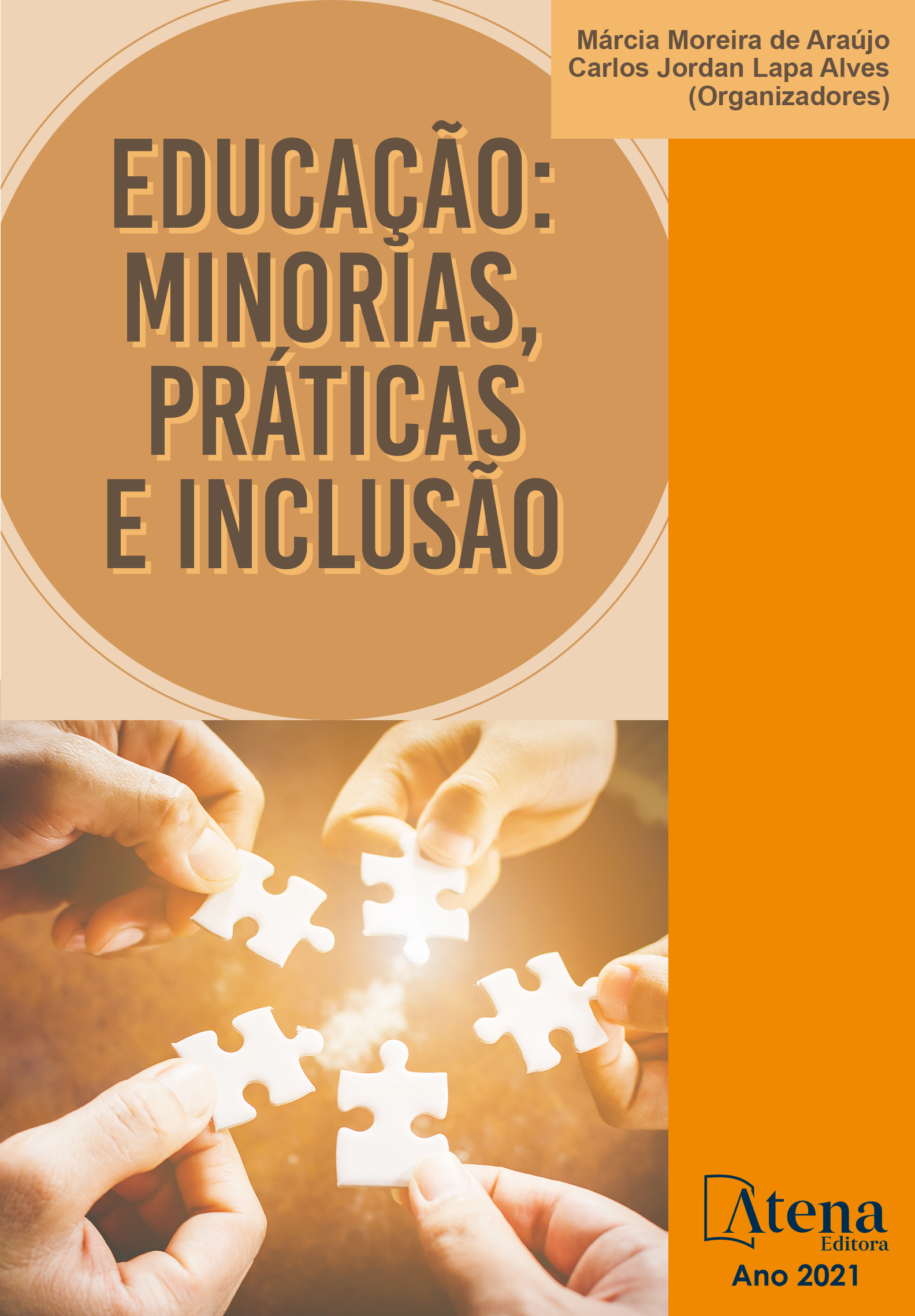
POETIZAR A CEGUEIRA: O FILME VERMELHO COMO O CÉU E A EDUCAÇÃO COM O SONORO
Este texto discute as possibilidades para pensar a educação de cegos, tendo como mote uma possível poética da cegueira a partir da relação com o sonoro. Trago para a conversa o filme italiano Vermelho como o céu, do diretor Cristiano Bortoni. Neste filme, Mirco, um menino de 10 anos, sofre um acidente e perde a visão de maneira irreversivel. Mirco redescobre o mundo a partir dos sons que o rodeiam. Em conversa com o filme, trabalho com perspectivas teóricas que problematizam a cegueira e a diferença: Nunes & Lomonaco (2010). discutem a centralidade da visão na relação com o conhecimento; Moreira (2008) para problematizar a escola como um espaço de controle e homogeneização de culturas e de modos de ser e estar no mundo e onde os discursos vigentes reproduzem estes modos de ser (FOUCAULT, 2012). Também trago contribuições de Monte Alegre (2003), que reflete sobre uma visão do pensamento. Desta forma, penso que uma poética da cegueira passaria por uma visão do mundo que o atravessasse com outros sentidos, principalmente da escuta, fazendo da cegueira não uma catástrofe, mas uma maneira de olhar o mundo com o pensamento (MONTE ALEGRE, 2003), com a audição e com outros sentidos. Penso que a problemática da poética da cegueira encontra neste seminário um espaço apropriado para discutir a questão da cegueira como espaço da possibilidade de outro(s) modo(s) de pessoas cegas serem ou estarem neste mundo pelo fato de nele se encontrarem pessoas que pensam, sentem e agem na diferença.
POETIZAR A CEGUEIRA: O FILME VERMELHO COMO O CÉU E A EDUCAÇÃO COM O SONORO
-
DOI: 10.22533/at.ed.40421140515
-
Palavras-chave: diferenca; cegueira; possibilidades educacionais do cego; poética da cegueira; sonoridade.
-
Keywords: difference, blindness, educational possibilities of the blind, poetics of blindness.
-
Abstract:
This text discusses the possibilities for thinking about the education of the blind, having as a motto a possible poetics of blindness based on the relationship with the sonorous. I bring to the conversation the Italian film Red as the sky, by director Cristiano Bortoni. In this film, Mirco, a 10-year-old boy, suffers an accident and irreversibly loses his sight. Mirco rediscovers the world from the sounds that surround him. In conversation with the film, I work with theoretical perspectives that problematize blindness and difference: Nunes & Lomonaco (2010). discuss the centrality of vision in relation to knowledge; Moreira (2008) to problematize the school as a space for the control and homogenization of cultures and ways of being and being in the world and where the current discourses reproduce these ways of being (FOUCAULT, 2012). I also bring contributions from Monte Alegre (2003), who reflects on a vision of thought. In this way, I think that a poetics of blindness would pass through a vision of the world that would cross it with other senses, especially listening, making blindness not a catastrophe, but a way of looking at the world with thought (MONTE ALEGRE, 2003), with hearing and other senses. I think that the problem of the poetics of blindness finds in this seminar an appropriate space to discuss the question of blindness as a space for the possibility of other (s) way (s) of blind people to be or be in this world due to the fact that they find people who think , feel and act in the difference.
-
Número de páginas: 14
- Glauber Resende Domingues


